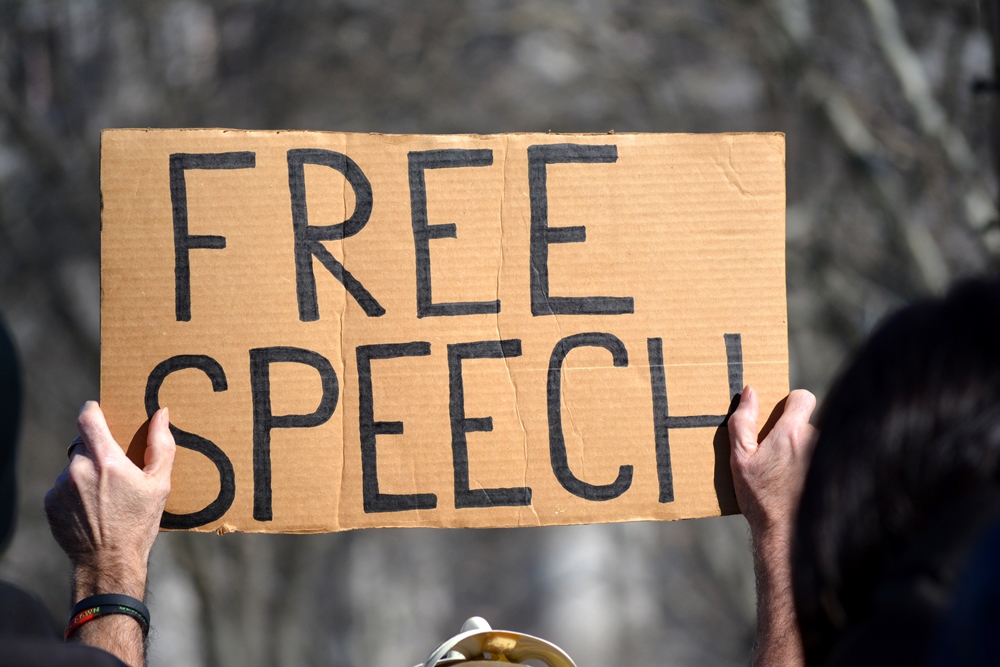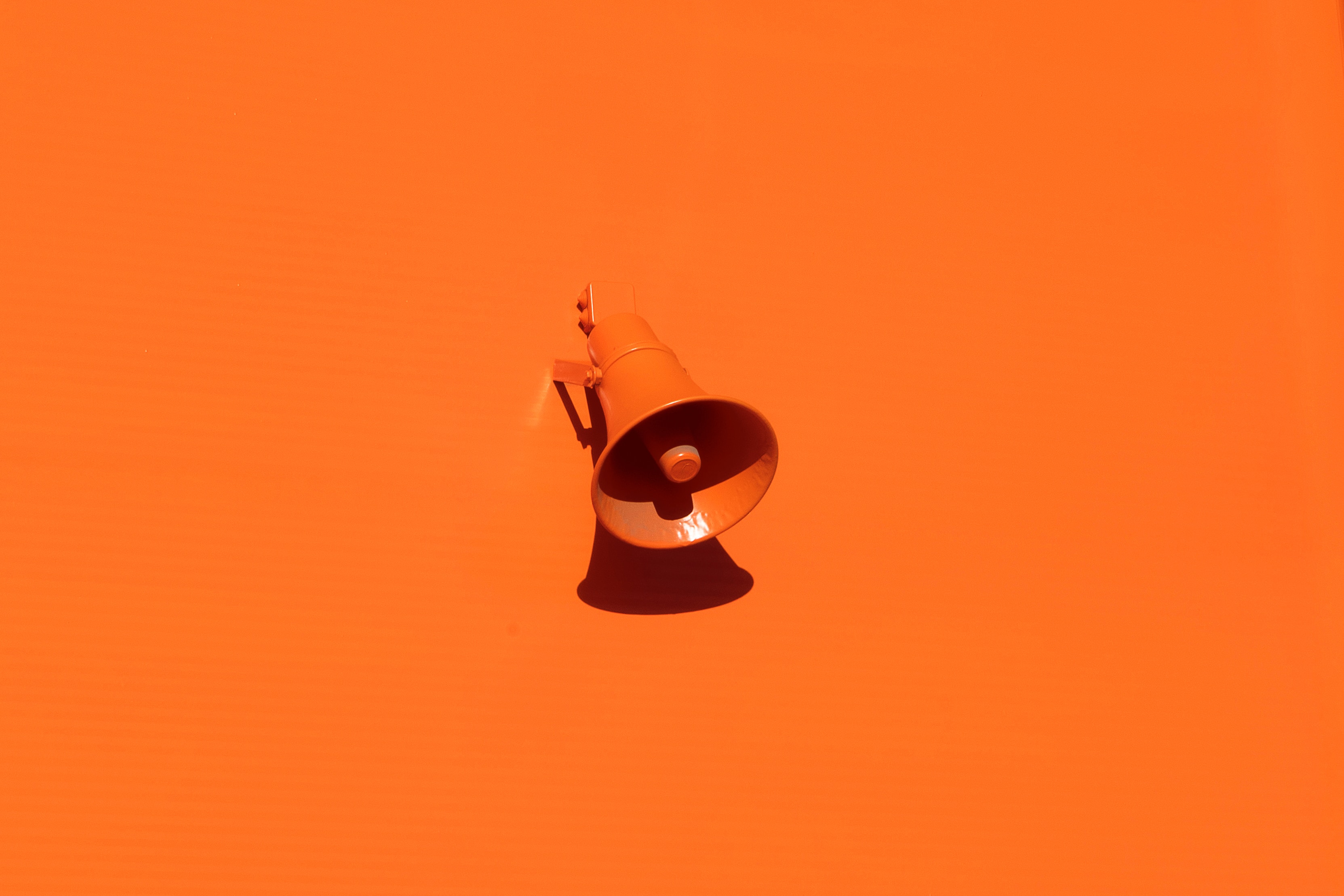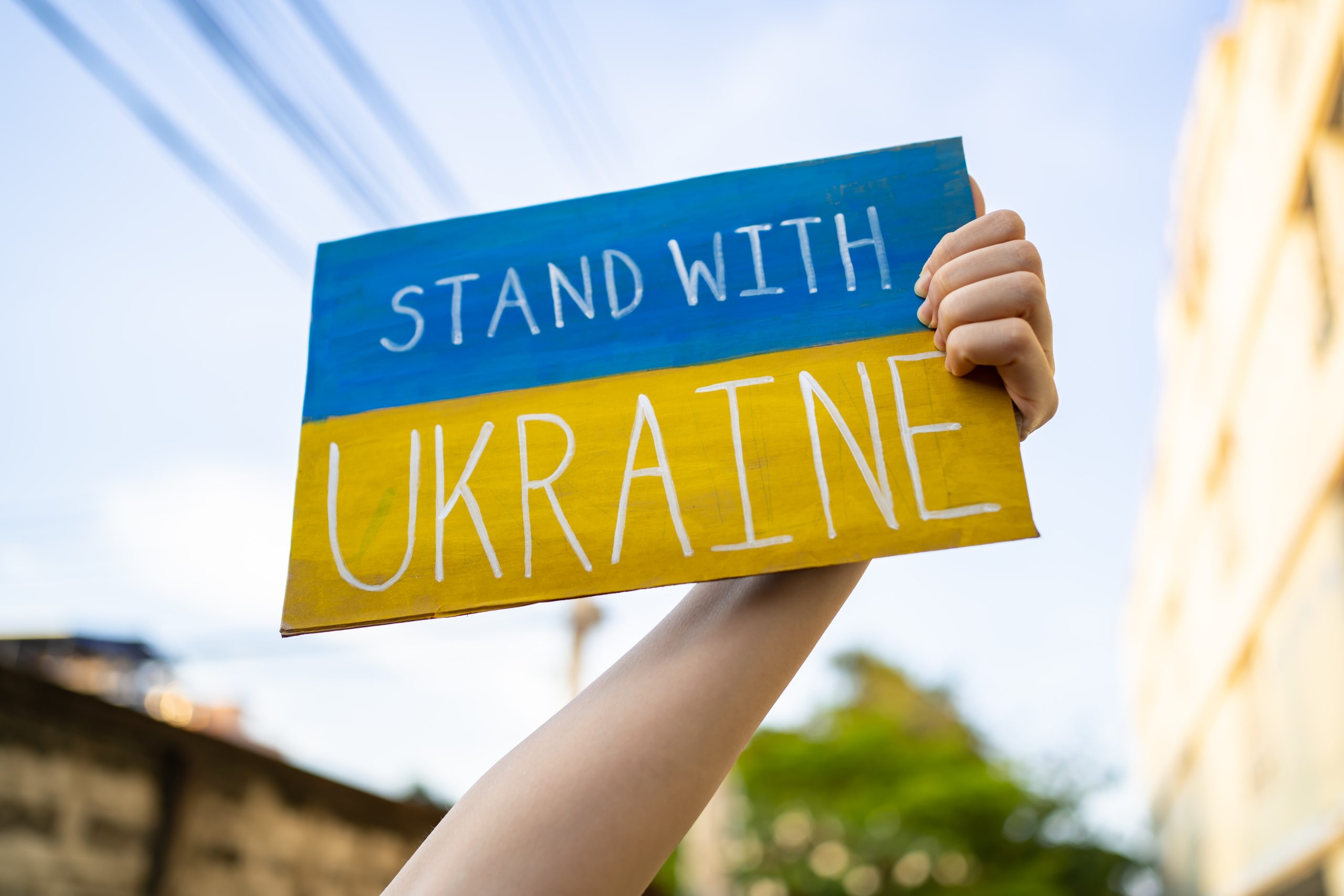The “free speech versus hate speech debate” has captivated audiences, sparked fierce online debates and even instigated passionate protests. With all this chaos, many people are left wondering: What exactly is protected under the First Amendment, and when does hate speech become punishable by law?
The First Amendment

The First Amendment of the American Constitution protects an individual’s freedom to practice the religion of their choosing as well as their freedom of expression. Freedom of expression can mean the freedom of the press to report on topics and events without government interference, the freedom for people to peacefully assemble and protest and the freedom for American citizens to speak their mind without fear of prosecution. In countries without free speech protection, governments can regulate the reading material their citizens have access to, what websites get blocked or censored and can even imprison or kill people who speak out against them in any medium.
What Is Hate Speech?
Hate speech is communication that targets a person or group of people based on factors such as race, religion, gender identity, sexual orientation and disability. Even discriminatory beliefs, such as those of white supremacist groups like the Ku Klux Klan, are protected under the First Amendment so long as those ideologies are not acted upon. They are allowed to disseminate their ideas, and they have the right to peaceful assembly.
When Is Hate Speech a Crime?
There are several hate speech cases that illustrate how this matter is handled in a U.S. court. Typically, hate speech must provoke violence or be acted upon for it to become a crime. Policing speech and language is considered unconstitutional, even if well-intentioned, like examples of university and college campuses establishing “speech codes” in an attempt to promote inclusivity and discourage discrimination. The American Civil Liberties Union (ACLU) notes that conduct must be examined “on a case-by-case basis,” but “the First Amendment does not protect behavior…that crosses the line into targeted harassment or threats, or that creates a pervasively hostile environment,” particularly for those who are considered “vulnerable”. This type of provocation can be difficult to prove.
What Does the Supreme Court Say?

There is an exception in the First Amendment in that it does not protect “fighting words”. This exception is used under relatively rare circumstances, specifically when prosecuting in-person confrontations that lead to violent interactions. In Brandenburg v. Ohio, for example, the Supreme Court determined that a Ku Klux Klan leader could not be punished for his speech because it did not intentionally and effectively provoke a crowd to act in violent and unlawful ways.
While HateSpeech.Sucks, such stringent requirements for prosecution are designed to protect individual liberties and prevent fear of unconstitutional government retribution.
The Consequences of Freedom
“Freedom of speech” should not be confused with “freedom from consequences”. When well-known figures or online personalities make unsavory remarks in public, they may lose sponsorship deals, gain a barrage of bad press or have their projects dropped from various platforms and publishers.
We’ve seen it happen with infamous provocateurs like Milo Yiannopoulos and PewDiePie after their “free speech” stretched the limits of social acceptability. Or when attendees of the Charlottesville white nationalist march lost their jobs after being outed on social media. White supremacist website The Daily Stormer was even forced to relocate to the dark web when both GoDaddy and Google booted them from their domains.
At .SUCKS we agree that defamation and harassment online should not be tolerated, which is why we’ve implemented a no bullying policy, and encourage people to use the power of the internet for good.
The Takeaway
The Evelyn Beatrice Hall quote, “I disapprove of what you say, but I will defend to the death your right to say it”, sums up how we must treat freedom of speech in the U.S. Although there are times when we may not agree with or may not like a person’s ideologies or political views, all speech must be protected in order to uphold civil liberties of every American citizen.
Use this power—and the responsibility that comes with it—for good, by uplifting people instead of tearing them down. A .SUCKS domain like NoFreedomOfSpeech.Sucks or Discrimination.Sucks could be your first step in exercising your freedom of speech to fight for respect, tolerance, acceptance and inclusivity.
If you agree that GoingUnheard.Sucks, grab a purposeful .SUCKS domain and join the conversation today.
Photos: Shutterstock / Christopher Penler, Shutterstock / Anthony Correia, Shutterstock / Orhan Cam










